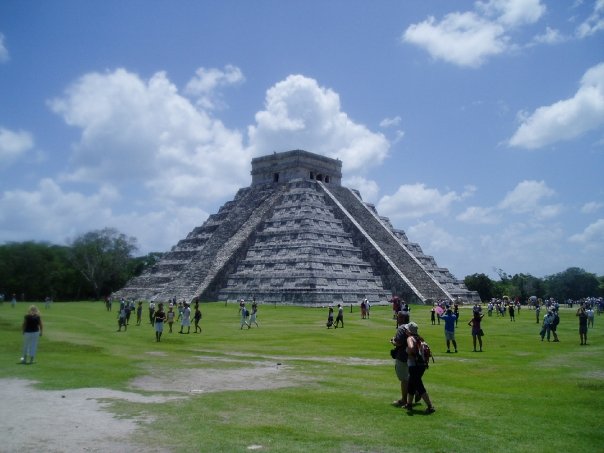I have been dealing with computer issues for the past few weeks. I’m hopefully back and should be able to post more regularly from now on. Sorry about the delay.
How the culture at large deals with the military depends on how that culture deals with conflict, both internal and external. Cultures oriented toward conquest, where the economy at large depends on the spoils of war would often treat members of the military as heroes, showering them with political power, wealth, and honors. However, a culture oriented toward conquest where the constant battle drains the economy, with heavy taxation or conscription may treat those in the military with fear or hatred.
As with most things, it isn’t as simple as saying that a country is conquest oriented, but why and how do they finance such things. The Romans, for example, brought the conquered peoples into their empire, diversifying the economy and developing trade. This made the military extremely popular in the oldest parts of the empire (Italy, parts of Greece, Turkey, etc.), but the newer parts of the Empire had a deep resentment to Roman rule. There were multiple rebellions and being a soldier was dangerous, even if there were no wars going on at the time.
Sparta’s renowned military numbered only about 10,000 or so, but they kept over 100,000 slaves to keep the military going. Clearly, the upper classes supported the military, but they dealt with constant revolts due to the harsh conditions.
Cultures that are under constant attack from the outside may look at the military as the supreme sacrifice, honoring those who risk their lives to keep the rest of the people safe. Those who serve may get some reward that isn’t political, such as religious honors, some sort of retirement (rare in ancient, medieval, or renaissance societies), or are considered part of the military for life, so they get paid for life.
If a culture has had conscription, civil wars, or major losses in wars, the military may be hated or feared. Constant war may have removed all those with an appetite for fighting, leaving conscription or even slavery as the primary options for fielding an army. This may further reduce their prominence. As an example, look at the Night Watch in Game of Thrones. They have lost so much prestige that they take low-born criminals as their primary source of men.
Another factor is how the military is used in the normal course of events. Are they primarily used in fights far away, used to defend the areas close by, or as a force to keep the locals in line? Are they a conquering group? Are they above the law, allowed to steal or worse with impunity? Is there some sort of code they must follow, such as chivalry or Bushido?
Don’t let your military feel generic or boring. When a fighter walks into town, there should be as much reaction as when a wizard or sorcerer comes in. Just because the character is a knight in shining armor doesn’t mean that the townspeople are happy to see them, either. Remember, the last knight may have conscripted all of the males ages 14-30 to fight in some cause, never to return.
Next week, I’ll discuss military ranks and how to use them in your culture building. Let me know what you think in the comments below. See you next Sunday!

